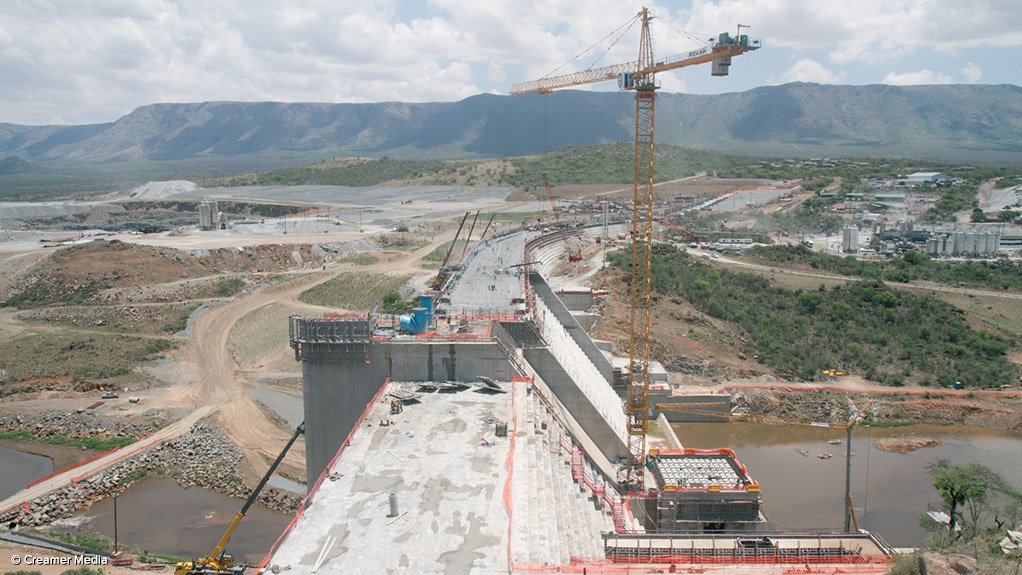The Presidential Infrastructure Coordinating Commission (PICC) aims to pursue a major dam-building programme to increase access to water and ensure a more integrated “source-to-tap” approach to distributing the resource to communities.
Addressing media post a President Jacob Zuma-convened PICC meeting in Pretoria on Thursday, Economic Development Minister Ebrahim Patel said that, with a focus on the long-term water requirements of South Africa’s communities and economy, the commission aimed to ensure the construction or expansion of six major dams with higher walls and yielding more capacity.
The Clanwilliam dam, in the Western Cape; the Nwamitwa and Tzaneen dams, in Limpopo; the Hazelmere dam, in KwaZulu-Natal; and the Polihali dam, in Lesotho, would be upgraded and expanded, while a new dam would be built on the Mzimvubu river, in the Eastern Cape.
Further, the integration with “massive” planned pipelines would mitigate the current disconnect between the large water sources in South Africa and its communities.
“One of the challenges to be addressed with water supply is the separation of functions between the different spheres [of government] that result in dams being completed by national government, but [experiencing] delays at local level with water reticulation systems,” Patel commented.
He cited the challenges faced by the district municipalities in connecting the required pipelines for communities to access water from the De Hoop dam, in Limpopo.
However, Patel stated that the metropolitan mayors that had attended the infrastructure progress update meeting had committed to ensuring better coordination in linking dam water to communities.
In addition to water, energy and cable theft emerged as the key focus areas of the latest meeting of the PICC, with Patel noting that 39 renewable-energy plants had connected 1 897 MW of solar, hydro and wind energy to the national electricity grid.
Turning to the issue of cable and metal theft, government aimed to take a hardline stance against perpetrators.
“The council emphasised the seriousness of the crime and the determination of all three spheres of government to act strongly against such theft, which disrupts electricity, water supplies, transport systems and social infrastructure,” he told journalists.
“The law is being adjusted,” Patel said, pointing to two amendments set to be promulgated this year that would enable greater enforcement and “tougher” punishment.
The draft amendments would tighten regulations to increase the capacity and resources of law enforcement agencies to investigate and prosecute, with the ability to impose tougher sentencing and bail conditions, while strengthening control on the trade in scrap metal that created a market for stolen infrastructure components.
EMAIL THIS ARTICLE SAVE THIS ARTICLE
To subscribe email subscriptions@creamermedia.co.za or click here
To advertise email advertising@creamermedia.co.za or click here











